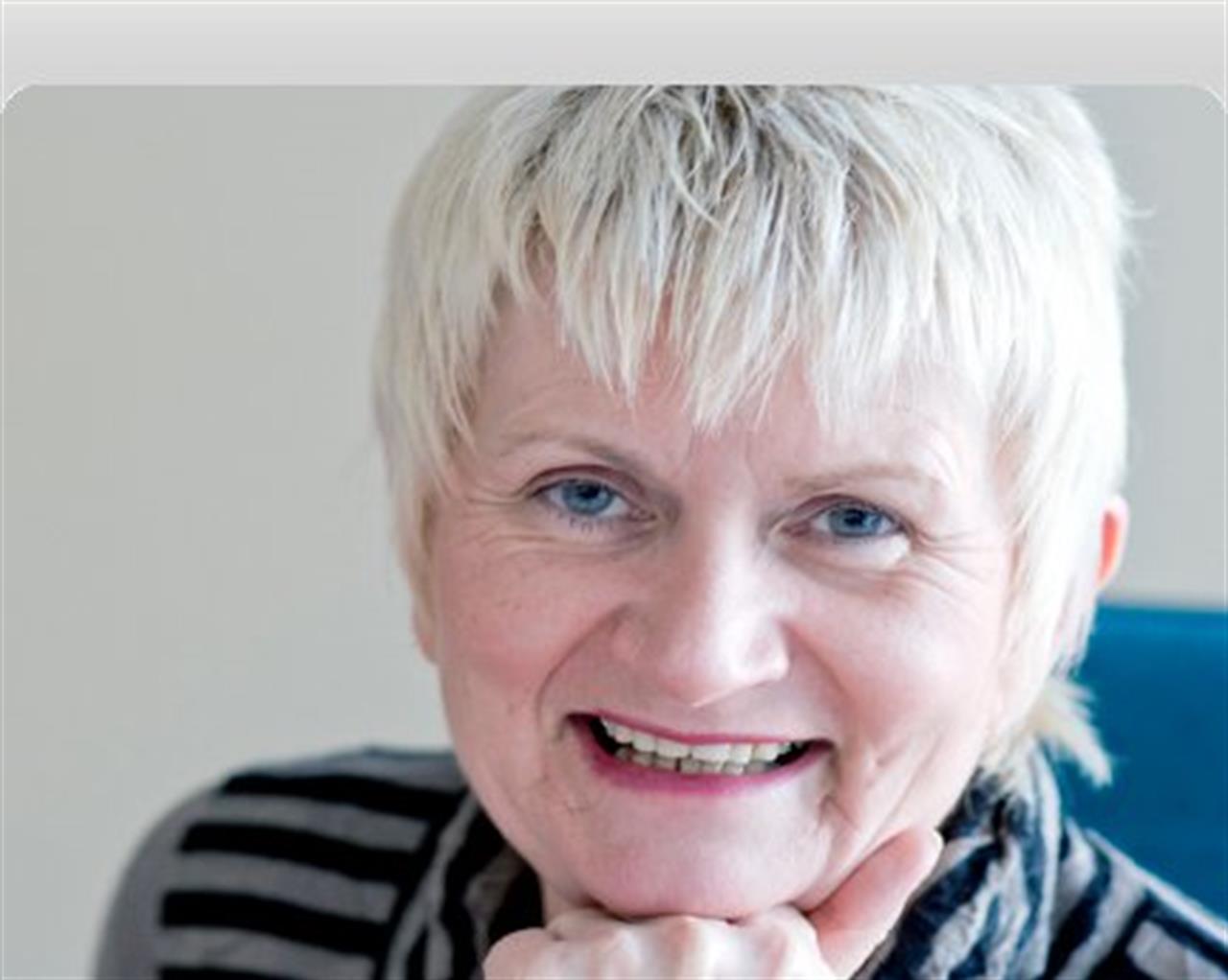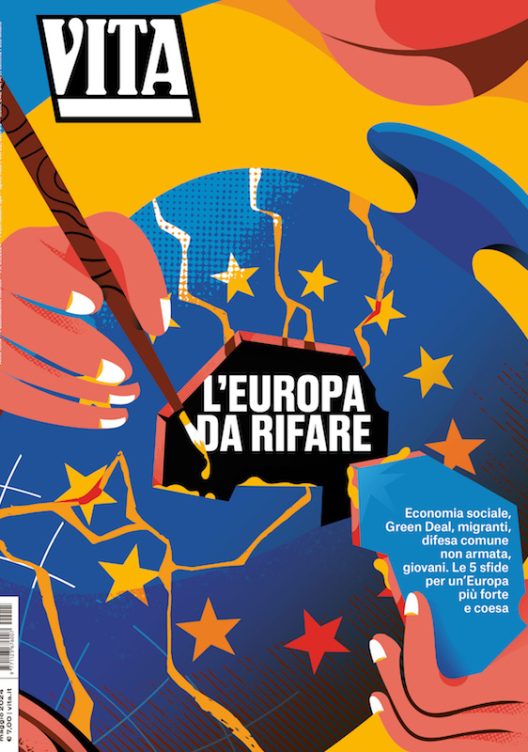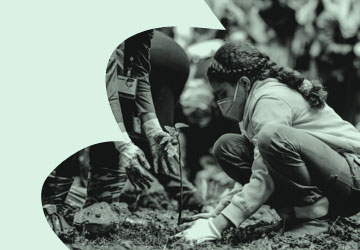A bridge between EU institutions and volunteering
Interview with Marian Harkin, 2008 MEP of the Year for her commitment to the campaign for the EYV

From Brussels to Strasbourg, she is the political figure of reference for the European volunteering movement among the EU Institutions. Marian Harkin, 57, Member of the European Parliament in the Group of the Alliance of Liberals and Democrats for Europe (ADLE), was nominated in 2008 as MEP of the Year for her outstanding commitment to the campaign for the European Year on Volunteering. Interview with the MEP who spends most of her time to create bridges between Eu institutions and European volunteering organizations.
Vita: How is the EYV2011 going?
Marian Harkin: From the perspective of what is happening among the different member states, one point I would make is that the amount of money for twenty-seven member states is around €6M which means that the resources are very limited. You need some resources so that organizations can organize events and let the general public know more about the European Year of Volunteering. I know that the designated bodies in some of the member states have very few resources, so it’s very difficult for them to make a big splash of the year and grow to people’s attention or use it fully as an opportunity to put volunteering on the agenda and on the map. The Alliance has had a number of seminars, conferences and they are in communication with the different Member States. We are trying to distill some of the wisdom across twenty-seven member states as the year goes on. Since this year is the European Year of Volunteering and the next year is the year of active ageing and intergenerational solidarity, I think we should take into consideration that while the EU has a number of programs for youth volunteering , it has a very limited range of programs for elderly volunteering and I think this needs to expand because a lot of people live longer and are in better health. They have more time and they want to donate it, their expertise and assistance to other people. For this reason I believe that promoting intergenerational volunteering could be very useful . As I said next year allows us to carry on with volunteering and the year after that will also be related to this issue. 2013 is the year of active citizenship and volunteering is a very important expression of that.
Vita:Do you think the EYV2011 has helped people to better understand the economic impact of volunteering on our society?
Harkin: There’s greater visibility and awareness but I think the impact is limited. I think there’s a bit more interest in social economy. There are a number of MEPs who are interested in certain areas and who are either directly involved in volunteering or indirectly associated with it and this year is giving them the opportunity to put forward their views and their perspectives, to make arguments in support of their case, but it’s only when the commission comes forward with a communication that you’re likely to reach members who are not interested in volunteering or who are not concerned with this issue. It’s a process that takes time and I do think we’re moving in the right direction but it will be the end of the year before I can look back at what the Commission is saying. Having said that, the financial crisis has overtaken most discussions in the European Institutions because it’s so central to what’s happening, but there is a danger. When the issue is an economic one it tends to push the other matters to sideline and other things are seen as an add on or a nice extra but not central or core to how society functions.
Vita: What are your expectations from the EC communication?
Harkin: One of the issues that can be dealt with at E.U. level is the issue of mobility of volunteers and the commission may well be able to take action there and make proposals. Another area is what we call the open matter of coordination, where member states can learn from best practice elsewhere and learn from it. Another concrete action would be a number of EU programs designed in such a way that volunteer time is taken into consideration in the overall funding package. What I mean is that if a volunteer or a community organization is looking for funding to complete a project there’s a mechanism whereby the work of the volunteers can be taken as what we call match funding. Part of the problem is that facility exists in certain E.U. programs. I believe it should exist in all of them but member states should be actively encouraged to use volunteer time as match funding. That would be particularly difficult now in times of austerity but it’s important. We should try to put something like that in place. Another issue that should be addressed is that a lot of volunteer organizations have problems with the insurance. Member states can learn from best practice elsewhere. There’s a possibility of some kind of volunteer passport which would document informal learning.

